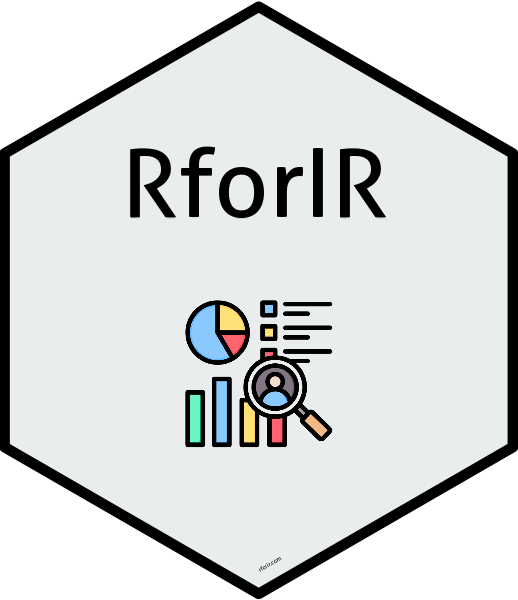Date functions
Here are some essential date-based calculations and manipulations that one might need to perform using R and particularly with the tidyverse set of packages.
1 Year, Month, and Day Extraction
Extracting the year, month, and day from a date column. You can use the year(), month(), and day() functions from the lubridate package.
2 Calculating Age
You can calculate the age by subtracting the birth date from the current date.
3 Calculating Difference Between Dates
The difference between dates can be calculated, which could be useful for calculating durations.
4 Working with Weekdays
You can get the weekday of a date.
5 Creating Intervals
Creating intervals between two dates, useful to understand the duration between two dates.
6 Rounding Dates
Dates can be rounded to the nearest day, month, or year.
7 Date Sequences
Creating sequences of dates, which might be useful for creating timelines or schedules.
8 Date Filtering
Filtering rows based on dates, like selecting entries from a specific year or month.
9 Date Groups and Summarization
Grouping data by months or years and then summarizing other columns.
All these date-based operations will enable more robust and flexible analyses, especially when dealing with time series data, birthdays, schedules, and any data that has a temporal component.
